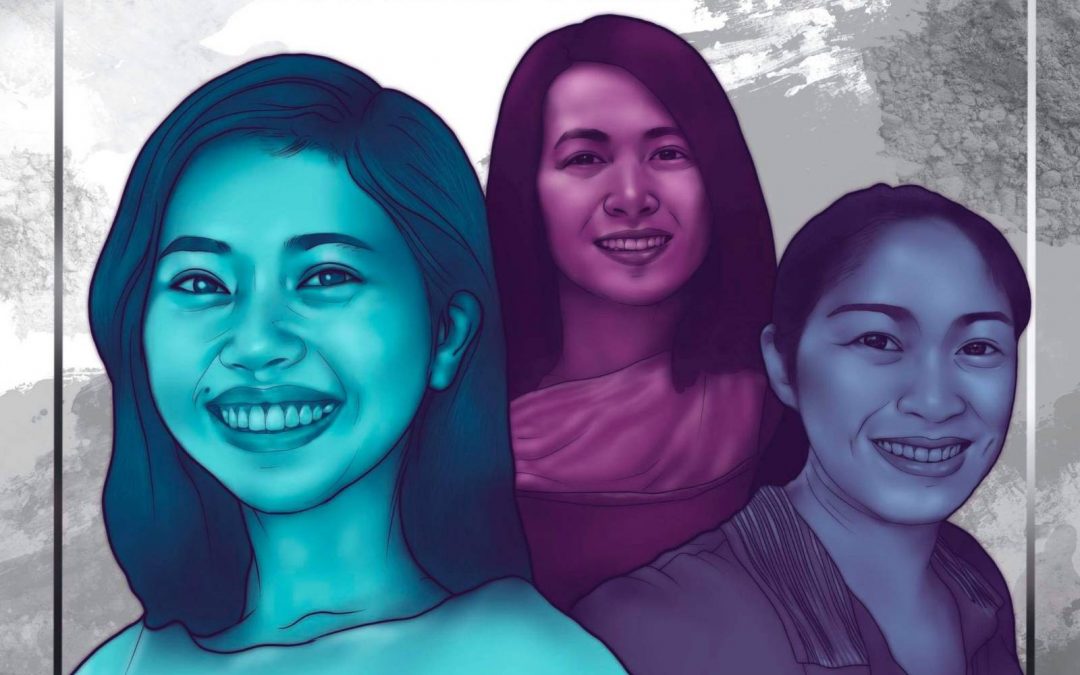The National Union of Journalists of the Philippines, the largest organization of Filipino journalists, welcomes and supports the proposed Human Rights Defenders Protection Act.
The consolidated bills in the Lower House strengthens the commitment and obligations of the Philippines to international human rights covenants, including the International Covenant on Civil and Political Rights (ICCPR).
Article 19 of the ICCPR upholds the right to freedom of expression, or the freedom to seek, receive, impart information and ideas of all kinds, either orally, in writing or in print, in the form of arts or through any other media.
Article 22 of the same covenant upholds the right to freedom of association.
The exercise and assertion of these rights in the Philippines, however, have become risky, thus warranting a separate law that protects human rights defenders.
A Social Weather Stations survey this year shows that 45 percent of Filipinos agree that it is dangerous to air or publish anything critical of the administration. Some of our colleagues, including a big media outfit, who reported on the “war on drugs” found themselves at the receiving end of a political vendetta from the president himself, the National Task Force to End Local Communist Armed Conflict, and an army of trolls.
Community journalists publishing stories about human rights are often red-tagged, intimidated and put under heavy surveillance. One of them, Frenchie Mae Cumpio of Eastern Vista, was slapped with trumped-up charges of illegal possession of firearms and explosives, and continues to languish in a Tacloban jail.
NUJP shares the view of human rights organizations in the country and of the United Nations special rapporteur on the situation of human rights defenders Mary Lawlor that it is high time to enact a law protecting human rights defenders, and penalizing those who violate human rights.
The provisions on the protection on the right to seek, receive and disseminate information (Section 8 in HB 15 and HB 161 and Sec 9 in HB 240), on the right to communicate with non-governmental, governmental and inter-governmental organizations (Section 10 in HB 15 and HB 161 and Sec. 11 in HB 240), on the right to privacy (Sec.17) are particularly relevant to our work as journalists.
Freedom from intimidation or reprisal (Sec. 18 in HB 15 & HB 161 and Sec 19 in HB 240) and the right against defamation, stigmatization and vilification (Sec. 20) with a clause for liability of concerned government personnel will protect our job as truth-tellers.
The malicious name-calling by a former NTF-ELCAC spokesperson against Inquirer reporter Tetch Torres-Tupas who wrote a story about the Anti-Terror Act comes to mind. Recently, NTF-ELCAC “witness” Jeffrey Celiz red-tagged Nestor Burgos Jr., former NUJP Chairperson and Inquirer reporter, and the NUJP itself in a program hosted by NTF-ELCAC’s Antonio Parlade and Lorraine Badoy.
NTF-ELCAC officials also routinely label NUJP as a communist front, endangering the safety and security of our members nationwide. Some of our colleagues had to relocate, and some had to deal with the psychological toll of being tagged as “enemies of the state.”
Establishing a sanctuary (Sec 19 in HB 15 & HB 161 and Sec. 23 in HB 240) and the right to effective remedy and full reparation (Sec. 22) will provide concrete support needed by human rights defenders, including journalists, under attack.
NUJP welcomes as well the inclusive proposed definition of Human Rights Defender as “any bonafide member of a human rights organization” as well as defenders “who work on women’s rights or on gender issues, environmental and land rights defenders, trade unionists and labor organizers and youth human rights defenders.”
This proposed definition, which also acknowledges that there are human rights defenders in government and civil service and in the private sector, correctly extends protection to rights workers who may not fall under what is traditionally understood as human rights work.
The HR Defenders Protection Act will help us continue our work in these crucial times. On a related note, we also reiterate our support to the bill penalizing red-tagging, and our opposition to the Anti-Terrorism Act, which contravenes international human rights agreements.

